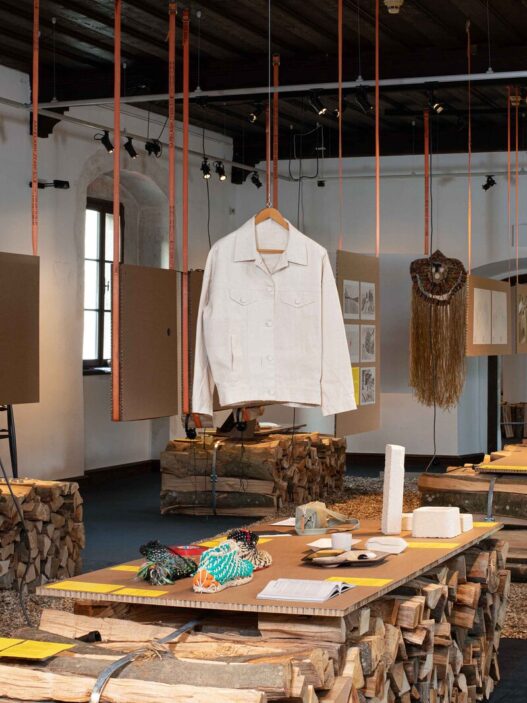Building a Planetary Solution: Regenerative Architectural Strategies for a Planet in Crisis
A Symposium at the Yale School of Architecture
February 20–22, 2025
The Yale School of Architecture will host a three-day symposium, “Building a Planetary Solution: Regenerative Architectural Strategies for a Planet in Crisis,” from February 20–22, 2025. The event brings together experts across multiple disciplines to address the environmental impact of the built environment and explore innovative, regenerative architectural strategies that could help reverse climate change.
Organized by Alan Organschi, senior critic and director of the Yale Building Lab, the symposium will feature a diverse group of thought leaders from climate science, industrial ecology, construction, architecture, engineering, finance, and policy. Discussions will focus on how the building sector can transition from a resource-depleting industry to a force for environmental restoration.
The Environmental Impact of the Built Environment
Currently, the construction, operation, and disposal of buildings and infrastructure account for nearly half of all anthropogenic greenhouse gas emissions, over half of global solid waste production, and nearly three-quarters of energy consumption. These figures underscore the urgent need for systemic change in architectural and urban development practices.
Scientists warn that the planet is approaching a climate tipping point, making it crucial to rethink the way cities and buildings are designed. Instead of continuing to degrade forests, wetlands, and peatlands, the symposium will explore how architecture can actively restore ecosystems, enhance biodiversity, and contribute to climate change mitigation.
Symposium Structure and Key Topics
The event will open on Thursday, February 20, with tours and workshops in and around New Haven, showcasing timber and bio-based construction, regenerative materials research, and experimental design-build projects.
On Friday and Saturday, panel discussions will bring together experts to address key themes:
•Barriers and Benefits of System Change – Identifying the challenges and opportunities in transforming the built environment.
•Resilience and Responsiveness in Natural Systems – Exploring how nature-based solutions can inform sustainable construction.
•Circular Economy and New Materials – Examining emerging materials and circular design principles that minimize waste.
•New and Neglected Knowledge Networks in the Commons – Investigating traditional and indigenous building practices that support sustainability.
•Creating Conditions for System Change – Discussing policy and financial strategies to scale regenerative architecture.
A keynote conversation on architecture, science, and planetary governance will take place on the evening of Friday, February 21.
Notable Speakers and Participants
The symposium will feature a distinguished lineup of architects, scientists, engineers, and policymakers, including:
•Paul Anastas – Environmental chemist and pioneer in green chemistry.
•Deborah Berke – Architect and Dean of the Yale School of Architecture.
•Phillip Bernstein – Architect and expert in construction technology.
•Stephanie Carlisle – Environmental researcher specializing in sustainable design.
•Ana María Durán Calisto – Urbanist and expert in Latin American environmental planning.
•Eva Gladek – Founder of Metabolic, a sustainability consultancy.
•Indy Johar – Architect and advocate for systemic environmental change.
•Kiel Moe – Scholar focusing on energy and architecture.
•Andrew Waugh – Architect known for advancing timber construction.
Additional speakers include experts in ecosystem restoration, regenerative design, and sustainable urban development.
Bridging Architecture, Science, and Policy
By bringing together professionals from architecture, engineering, environmental science, finance, and governance, the symposium aims to foster collaborative approaches to sustainability. Discussions will emphasize the intersections between design, material science, and ecological restoration, underscoring the role of architecture in addressing the climate crisis.
The event is supported by the J. Irwin Miller Endowment at the Yale School of Architecture, further highlighting Yale’s commitment to advancing regenerative and sustainable building practices.
Registration and Accessibility
The full symposium schedule is available online, and registration is open for both in-person and virtual attendance.
As the world faces escalating climate challenges, the “Building a Planetary Solution” symposium at Yale seeks to redefine architecture’s role in shaping a sustainable future. By exploring regenerative architectural strategies, the event provides a platform for interdisciplinary dialogue on how the built environment can contribute to climate resilience and ecological restoration.
Yale School of Architecture
180 York Street
New Haven, CT 06511
USA








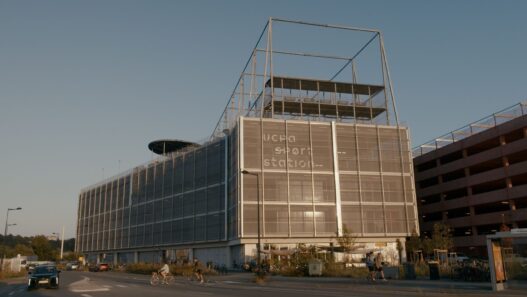
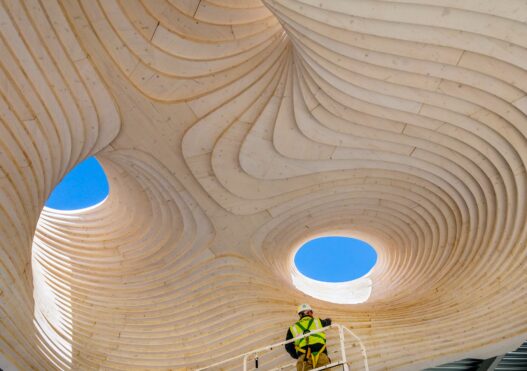
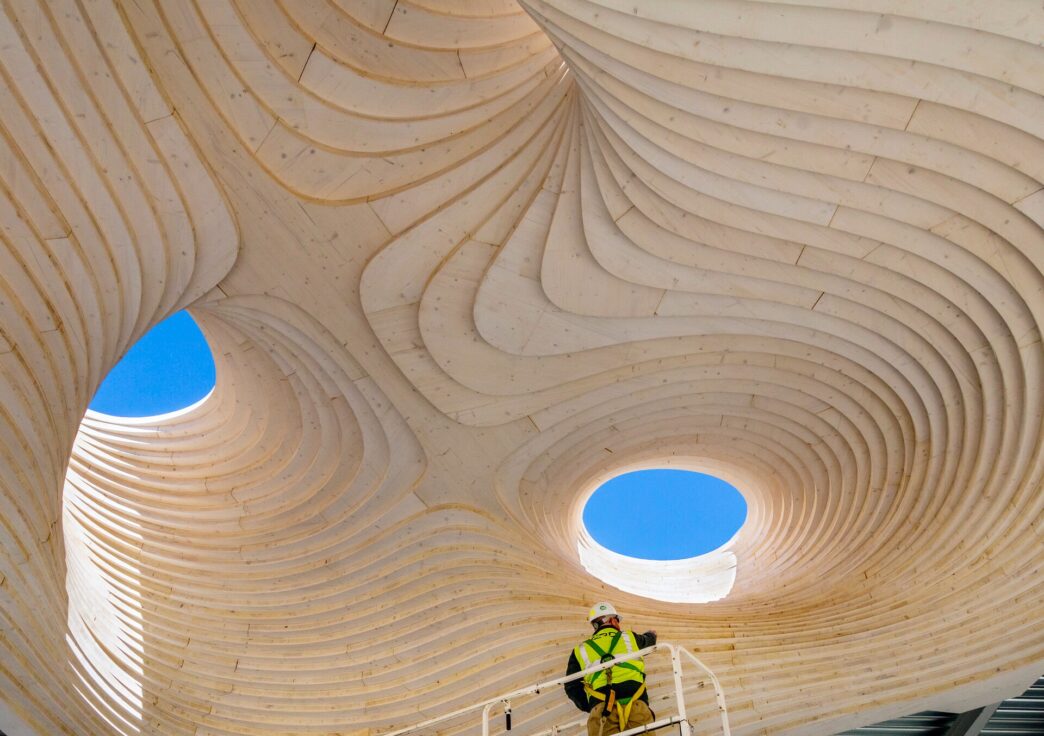
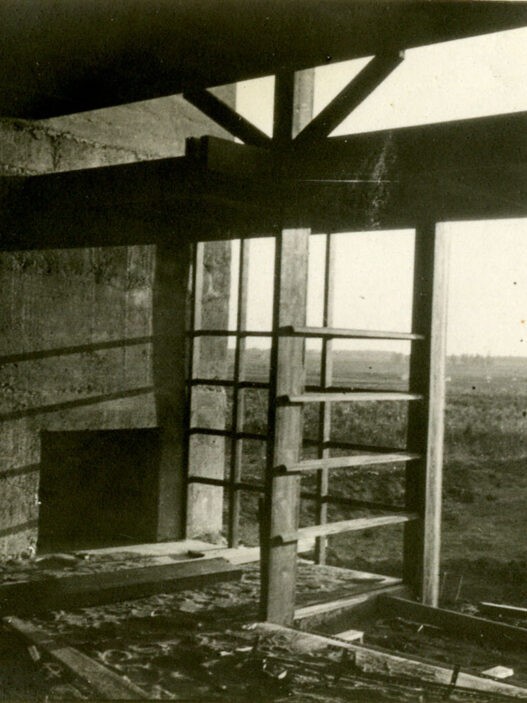


![[1] Quadros, chapéus e botas, Banga ossa, 2020. [2]: Arquitetura na Periferia. Photo: Pedro Thiago Silva. [3] Espíritos de Tudo que Vive, Uýra. Photo: Selma Maia, 2019. [4] Visual identity of the 13th International Architecture Biennale of São Paulo: Travessias.](https://dailyart.news/wp-content/uploads/2022/05/travessias-527x703.gif)
